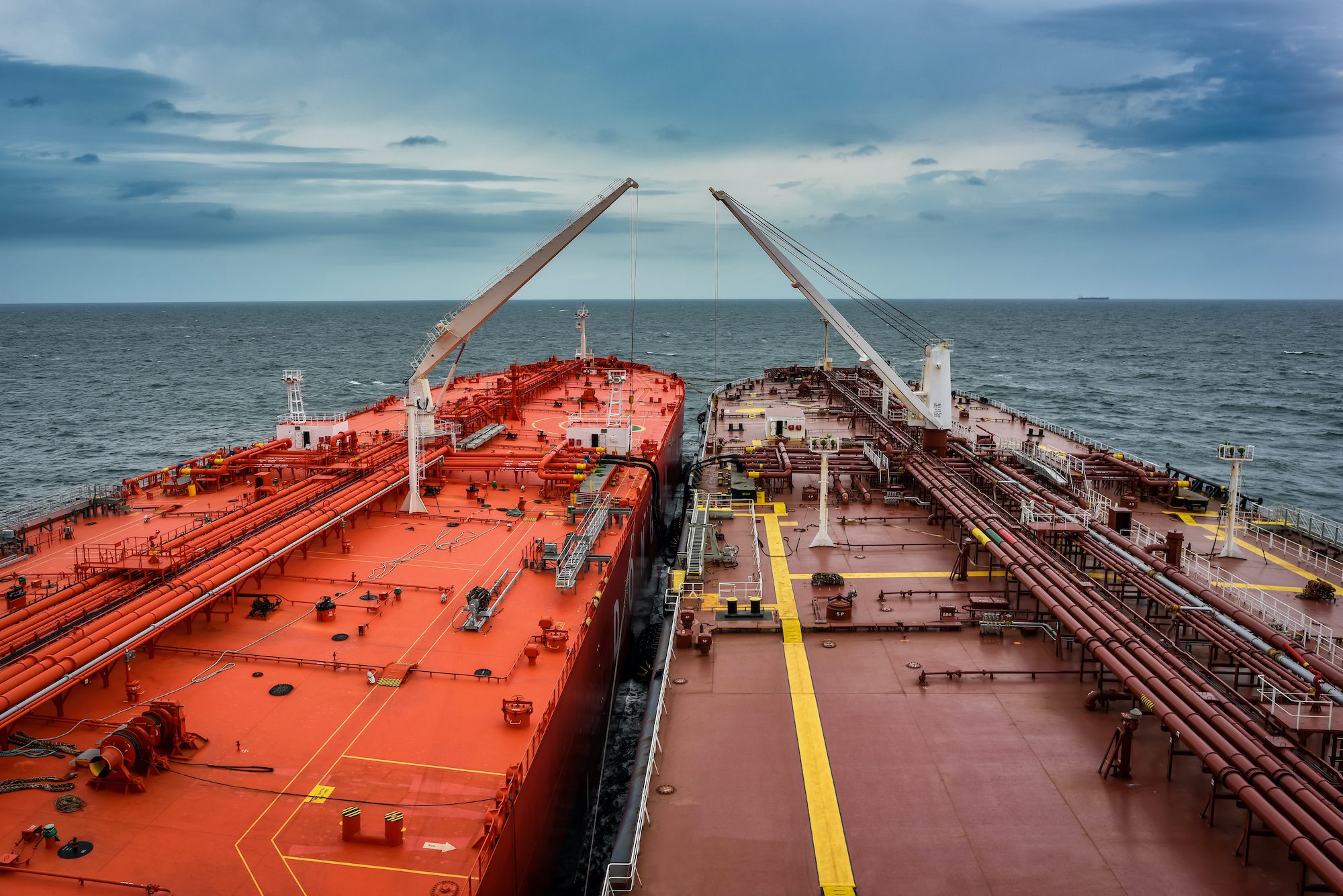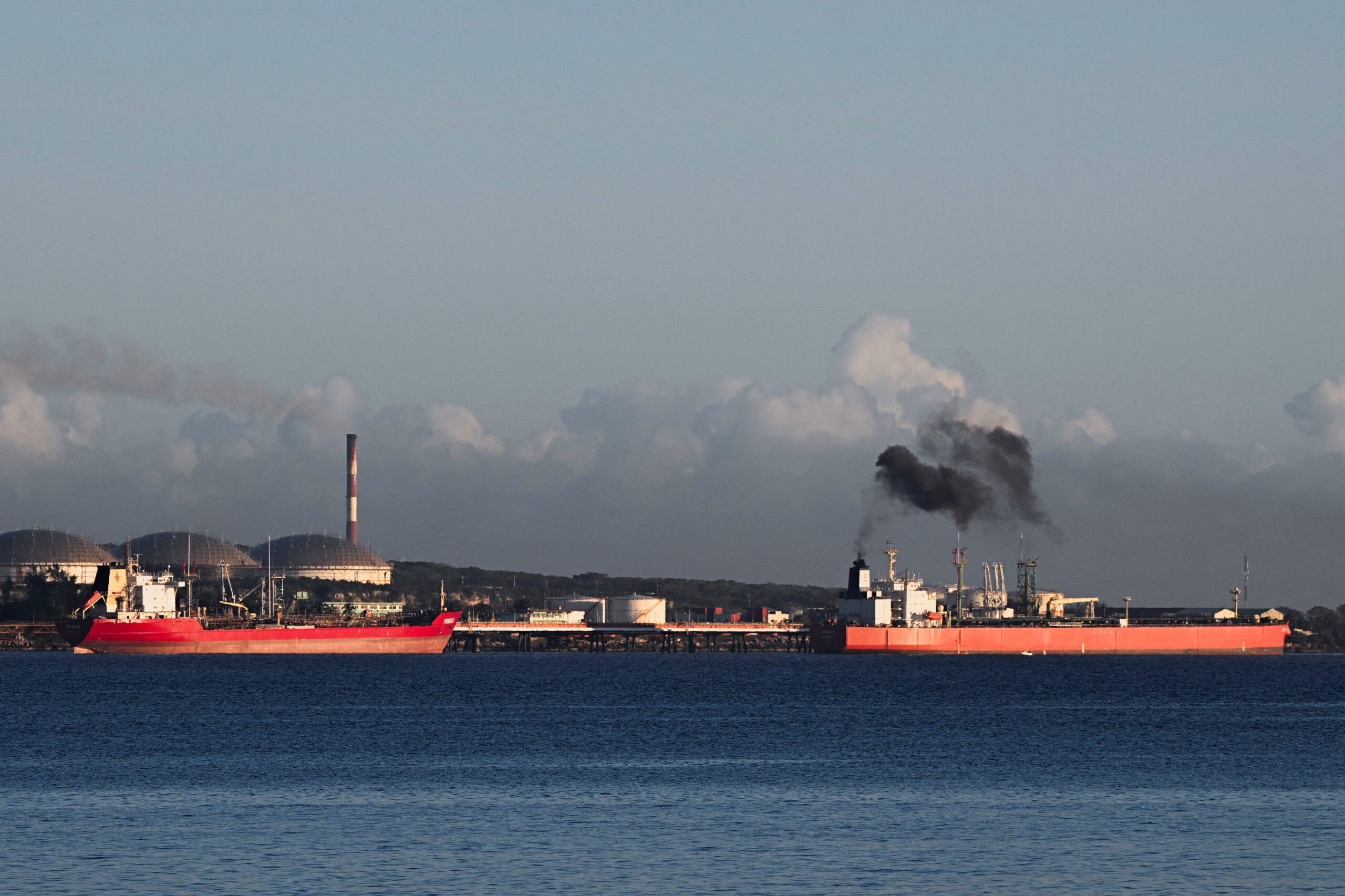By Alex Longley, Julian Lee and Jack Wittels (Bloomberg) —
Greece is again extending the naval drills that have largely deterred transfers of Russian oil near its coastline and forced them to other hubs across the world.
The activity in the Bay of Laconia, due to end Monday, will continue for two more months — the longest extension to date, according to a notice from the Hellenic Navy Hydrographic Service.
The government said previously the drills were designed to stop risky transshipments of Russian barrels aboard aging vessels, which the world’s shipping watchdog says could pose a threat to marine safety. The naval actions were introduced in May and then extended several times.
There hasn’t been a ship-to-ship transfer of crude since May 4, with the ban taking effect around that time, according to vessel tracking data compiled by Bloomberg.
Much of the activity has moved to other locations, according to Kpler data and vessel tracking statistics compiled by Bloomberg. Those sites include waters off Egypt, Malta and West Africa.
For oil products, most of the transfers still happening near Greece are taking place in a permitted zone between those where drills are being conducted.
© 2024 Bloomberg L.P.
Editorial Standards · Corrections · About gCaptain
This article contains reporting from Bloomberg, published under license.

 Join The Club
Join The Club











